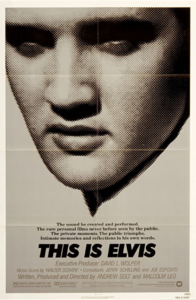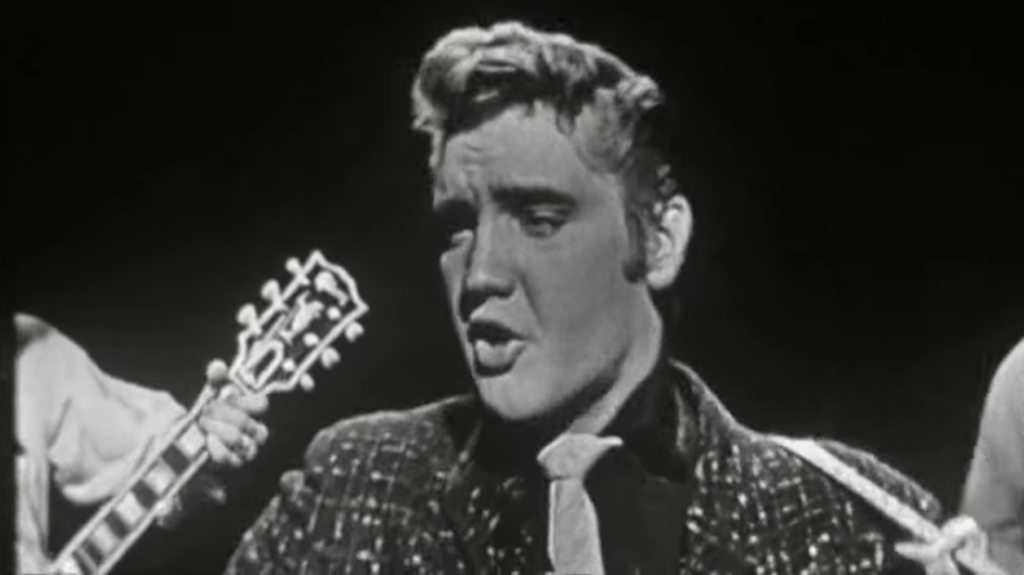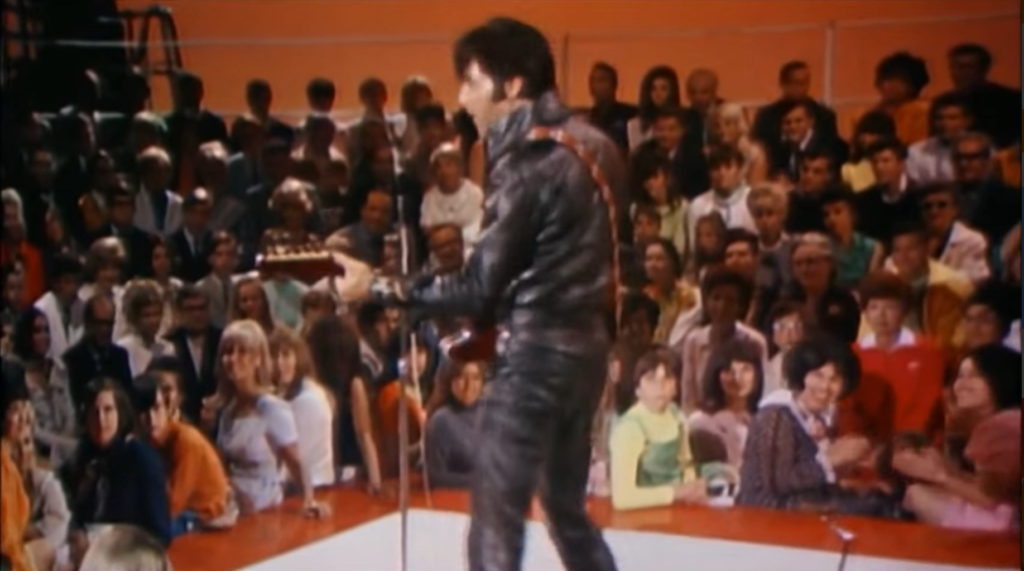This is Elvis (1981)
“Will we ever see Elvis in person again?”
|
Synopsis: |
|
Genres, Themes, Actors, and Directors:
Review: … alongside ample authentic footage from the earliest days of Presley’s stupendous fame: … to his final challenging weeks. Indeed, it’s the candor of this latter footage that makes one sit up and notice: despite being overseen by his estate, this documentary pulls few punches in letting us know how sick Presley became towards the end of his life, showing heartbreaking evidence of his eventual inability to cope. Redeeming Qualities and Moments: Must See? Categories
Links: |





One thought on “This is Elvis (1981)”
First viewing. For its value as an historical / cultural doc, this is a once-must – but only if you see it in its expanded version (which is about a half-hour longer than its release length, which was 1 hr. 50 min.).
The further in you get, the more this film seems to be just as much about America itself as it is about Elvis. You will note the white supremacist who refers to Elvis’ music as “nigger rock ‘n’ roll”; the bizarrely fickle music fan holding a poster that reads “Elvis is dead – long live The Beatles”; the decision for Elvis’ 3rd appearance on the Ed Sullivan Show that the singer be filmed only from the waist up.
You will also note the singular stress-factors Presley faced: his particular devotion to his mother; his artistic struggle as he realizes that the ’60s are musically leaving him behind (he worries about not being able to keep up with The Beatles, Bob Dylan and The Rolling Stones instead of thinking about re-inventing himself for a more sophisticated age); his strait-jacket position of being at the mercy of movie studios that basically kept on wanting to star him in ‘the same film’ (“The scripts were so bad, I’d actually get physically ill.”)
But, as Elvis’ descent into emotional turmoil deepens, what rings out truest of all is a comment made by one of his longtime, ex-staff members, “How do you protect a man from himself?”
Strangely, Elvis appears somehow to be a much more enthusiastic performer in the clips illustrating the earlier part of his career; the years seem to eat away at some of his natural charm. It’s a subtle shift but it’s noticeable.
Although this doc shows aspects of Elvis’ life that are more incisive than what’s generally available elsewhere, it still seems to be whitewashing what appear to be some unsavory factors. … And why no mention at all of Ann-Margret?; there’s not even a single clip from ‘Viva Las Vegas’.